Keywords: Michelle Grattan
-
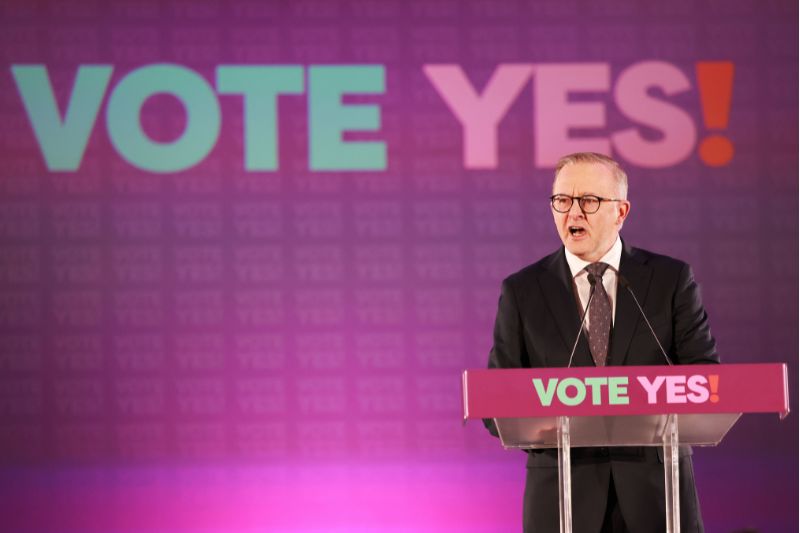
AUSTRALIA
- Michelle Grattan
- 04 October 2024
5 Comments
Almost a year after the Voice proposal was defeated, blame and recrimination are still being thrown around, and the government is still reeling from Albanese’s overreach.
READ MORE
-
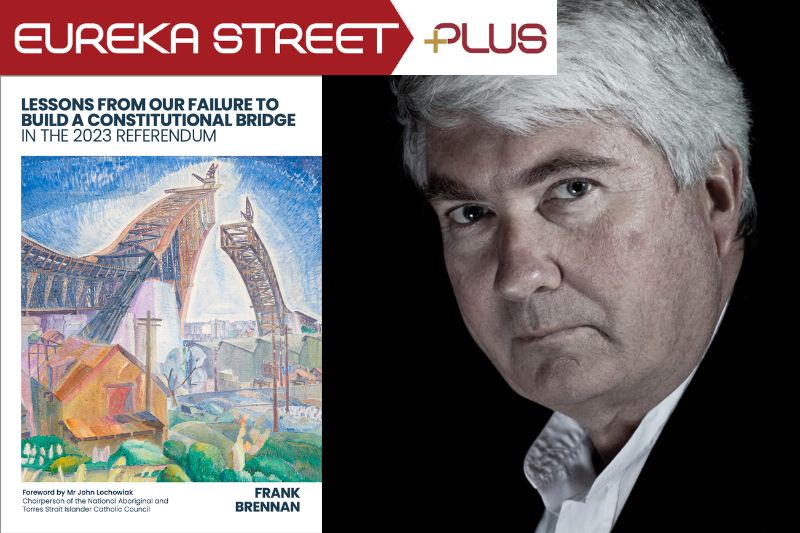
AUSTRALIA
- David Halliday
- 28 June 2024
13 Comments
It's been eight months since the Voice referendum, and people are starting to grapple with what its defeat means for Australia. There are few voices in Australia as qualified to conduct a postmortem of the outcome of the Voice referendum campaign as Frank Brennan. We examine what lessons can be learned and crucually, whether there’s reason for hope for Indigenous constitutional recognition.
READ MORE
-
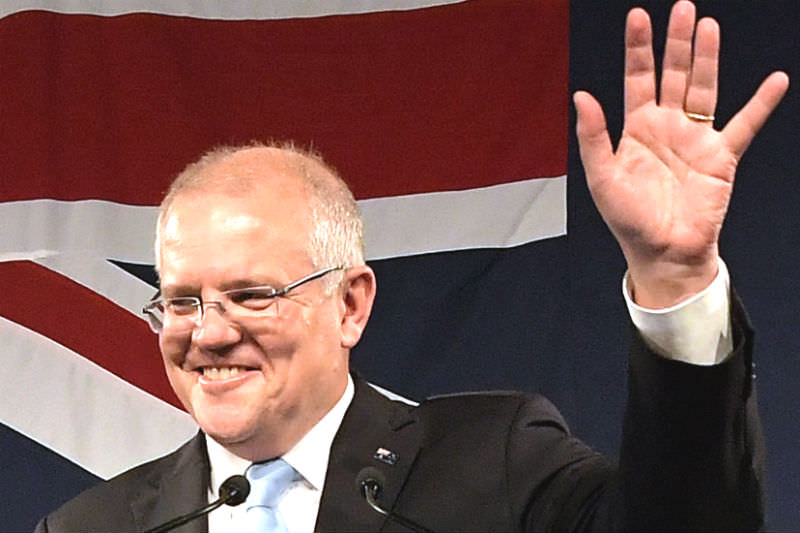
MEDIA
- Eliza Berlage
- 22 May 2019
5 Comments
Morrison heralded his win as a 'miracle' and the media ran with it, leading to headlines like 'Messiah from the shire'. But while it was unexpected to those reporting on it, a look at deeply divided and change-averse Australia makes the Coalition win seem less remarkable.
READ MORE 
-

AUSTRALIA
- Eliza Berlage
- 10 May 2019
5 Comments
A recent survey found one in three women under 30 are reconsidering having children because of fears of climate change. There are young people telling their parents they have a choice between voting for the Coalition, and getting grandkids. Yet the public is not waiting with bated breath for the result on election night. They are just be waiting.
READ MORE 
-

AUSTRALIA
- Eliza Berlage
- 08 April 2019
3 Comments
Labor's $2.3 billion cancer care package and promise to roll out more mental health facilities away from the major cities are positive policies. However it could go further with its health platform of funding specialist care by finally sinking its teeth into putting dental for all on Medicare.
READ MORE 
-
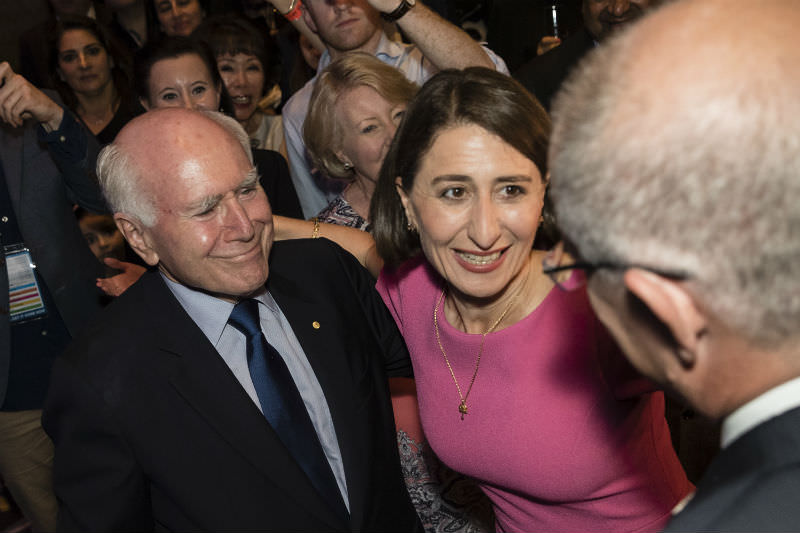
AUSTRALIA
- Eliza Berlage
- 29 March 2019
3 Comments
Headlines celebrating Gladys Berejiklian as the first female elected as Premier of NSW exemplify how far we have come and still have to go with women in politics. That women are held to a different, higher standard than men is evident in all facets of society, but in the political sphere it is a test of worthiness.
READ MORE 
-
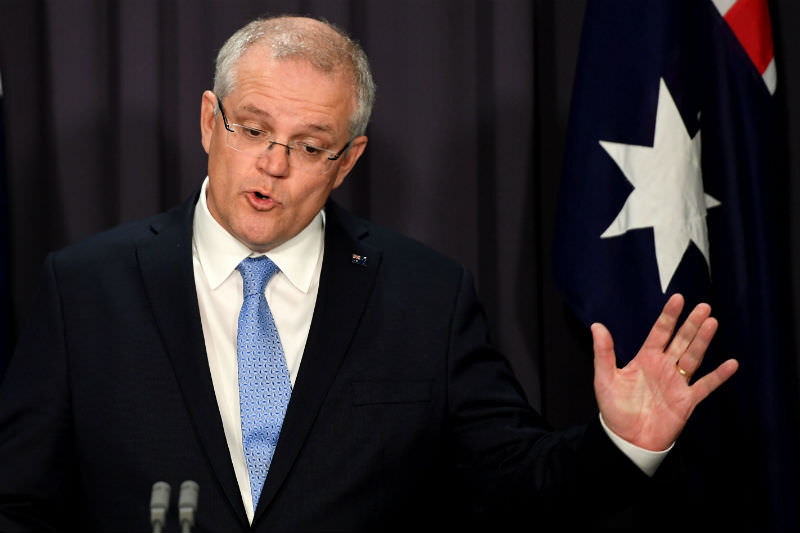
AUSTRALIA
- Eliza Berlage
- 18 January 2019
10 Comments
Entering an election year is like coming home for the holiday season. It's full of hope and hijinks but also promises and pain. And like every family, each party has its quirks. Hopefully a post-election Parliament will green light some meaningful reform to improve people's lives rather than always culture warring. But don't hold your breath.
READ MORE 
-
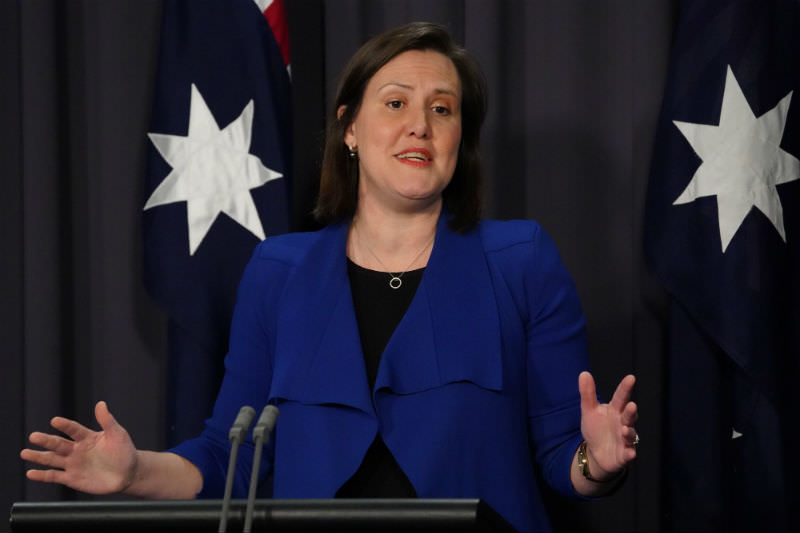
ECONOMICS
- Eliza Berlage
- 22 November 2018
1 Comment
The government finally released its women's economic security statement. The package is built around three pillars — workforce participation, earning potential, and economic independence — totalling $109 million dollars over four years. It is a drop in the ocean compared to what is needed to address the crisis of gender violence and substantial inequality.
READ MORE 
-

AUSTRALIA
- Eliza Berlage
- 15 May 2018
6 Comments
Every year around the International Day for the Elimination of Violence Against Women, politicians with white ribbons pinned to their suits deliver passionate speeches about protecting women from domestic violence. But when it comes to implementing life saving measures, their lack of action speaks louder than words.
READ MORE 
-
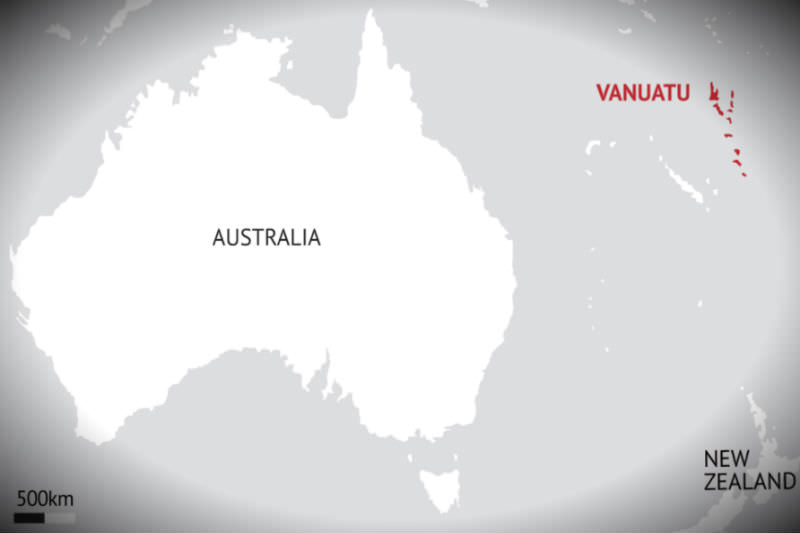
INTERNATIONAL
- Eliza Berlage
- 19 April 2018
China and India are rising global powers, thanks to a burgeoning middle class, huge export markets and military might. So why wouldn't they take the western retreat from the Pacific as an invitation to dance? But their support comes with a crippling debt levels and the potential for a favour to be called in down the line.
READ MORE 
-
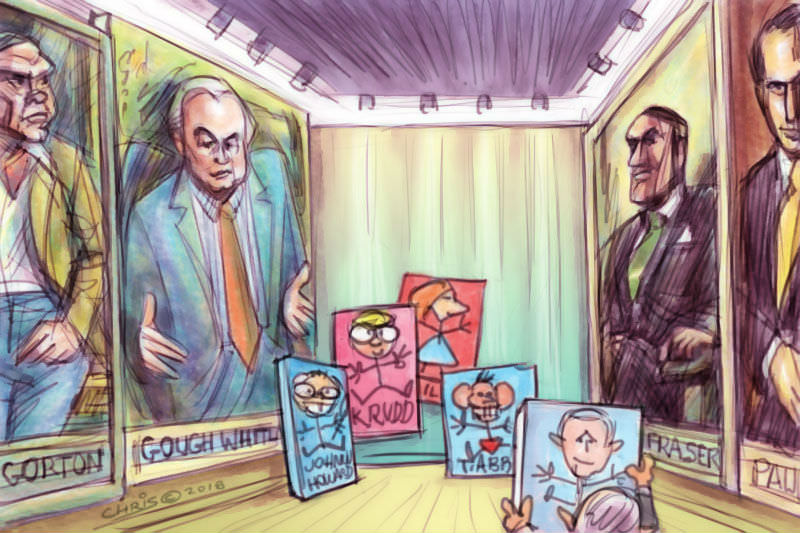
AUSTRALIA
- Eliza Berlage
- 02 March 2018
1 Comment
Is it any wonder that when I came to work in the press gallery I was cynical about arts policy? In those lockup hours scouring budget papers it was clear yet again the arts would not see any wins. It wasn't always this way. Prime ministers and arts ministers of yesteryear produced arts policy informed by their personal and political interest.
READ MORE 
-

AUSTRALIA
- Tim Robertson
- 17 February 2017
11 Comments
This is not the beginning of the normalisation of Hanson and One Nation: it's the end. In a piece for The Monthly, Dominic Kelly highlighted how large swaths of the rightwing commentariat have embraced the 'more mature', 'disciplined' and 'principled' Hanson 2.0. Despite this rhetoric, for the Right, appeasing One Nation has always been a balancing act. They're guided by one question: How much racism is permissible before it has to be condemned?
READ MORE 